Experience relaxation and peace in your Cape May backyard with our proven mosquito control solution. Trusted by families in Cape May, our innovative approach not only repels mosquitoes but also establishes a durable barrier customized to your outdoor environment. Mosquito Shield of Southern New Jersey is dedicated to creating mosquito-free zones, so you can enjoy your outdoor spaces without interruption
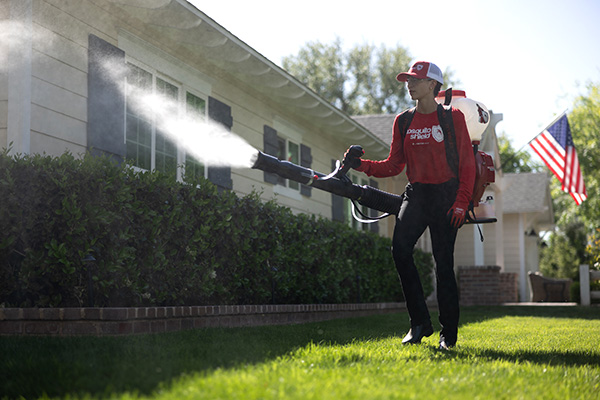
Effective mosquito control in Cape May, NJ, that drives mosquitoes away and keeps them out of your yard.

Enjoy mosquito-free outdoor time in Cape May with treatments designed to provide lasting results.

Highly rated mosquito control services in Cape May, trusted by residents to enhance outdoor living.
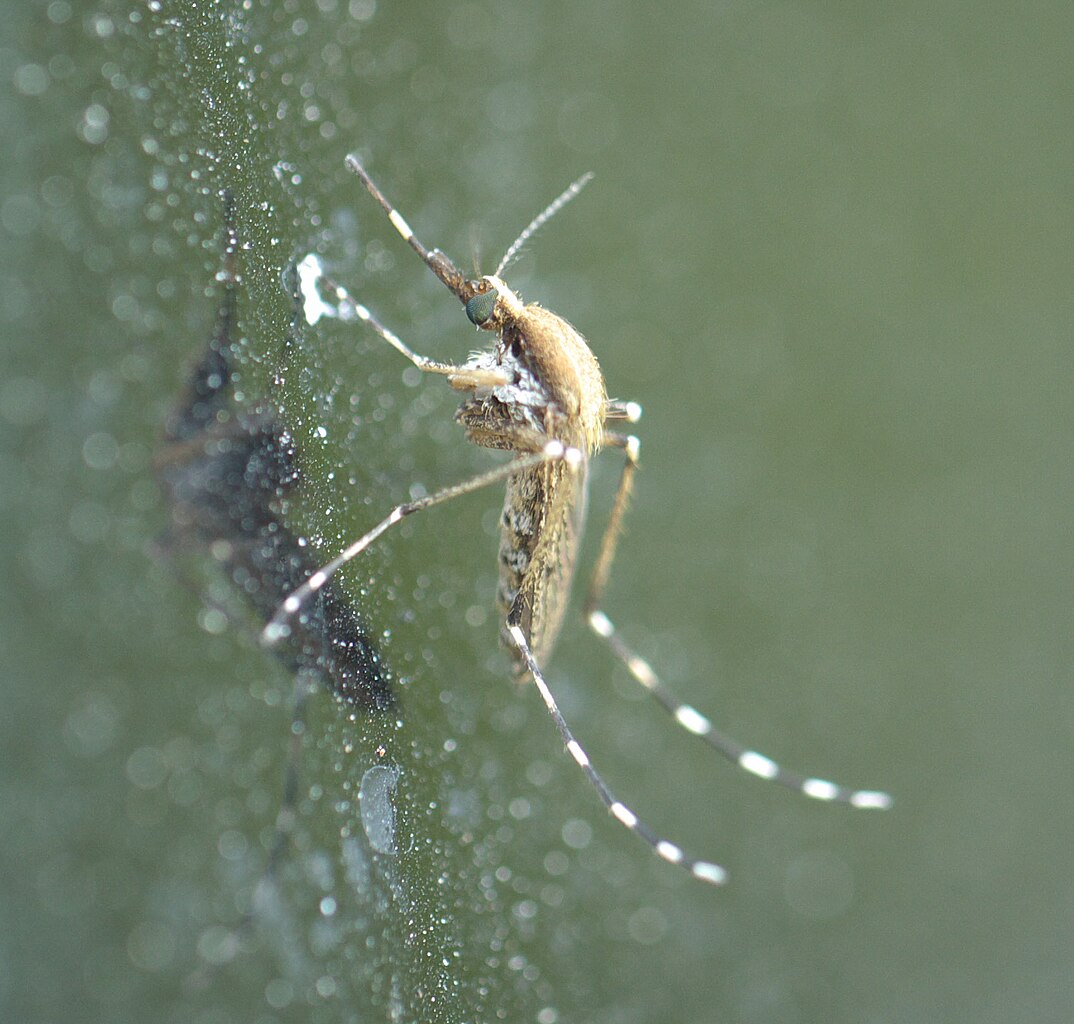
Identification: Medium-sized mosquito with dark scales and distinctive white banding on the legs.
Habitat: Found along coastal marshes, salt flats, and brackish wetlands—especially near the Jersey Shore.
Behavior: Very aggressive biter, active during dawn and dusk. Can travel up to 20 miles inland in search of hosts.
Health Risks: While not a major disease vector, its abundance and range make it a significant nuisance and contributor to regional biting pressure.
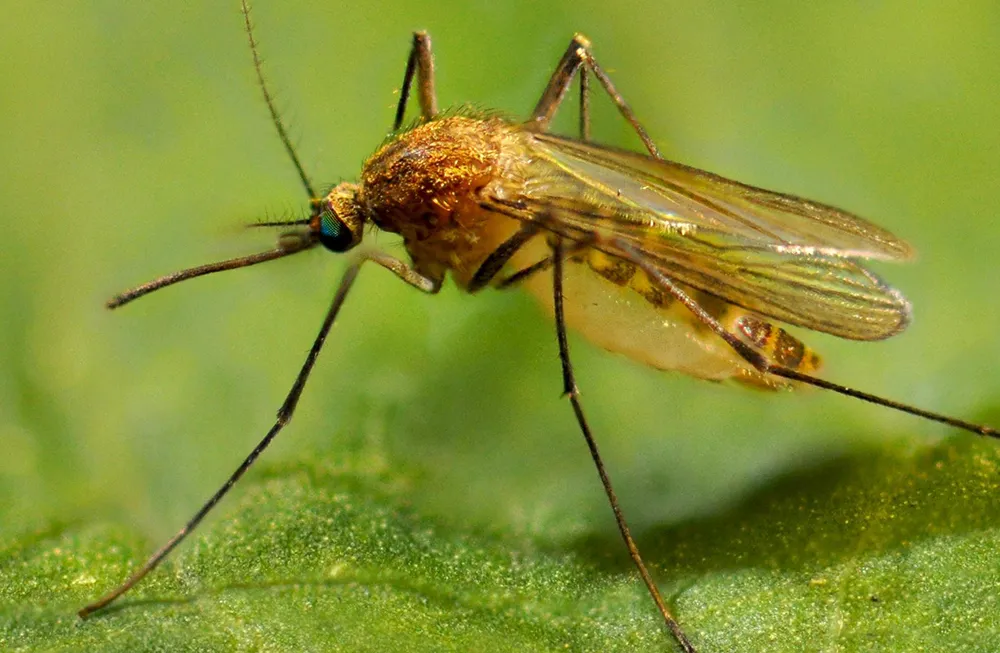
Identification: Small brown mosquito with a rounded abdomen and pale banding on its legs.
Habitat: Prefers polluted, stagnant water such as storm drains, old containers, and rain barrels—especially in urban and suburban areas.
Behavior: Nighttime biter; often enters homes and bites while people sleep.
Health Risks: Primary vector for West Nile virus in New Jersey. Also known to carry St. Louis encephalitis and other arboviruses.
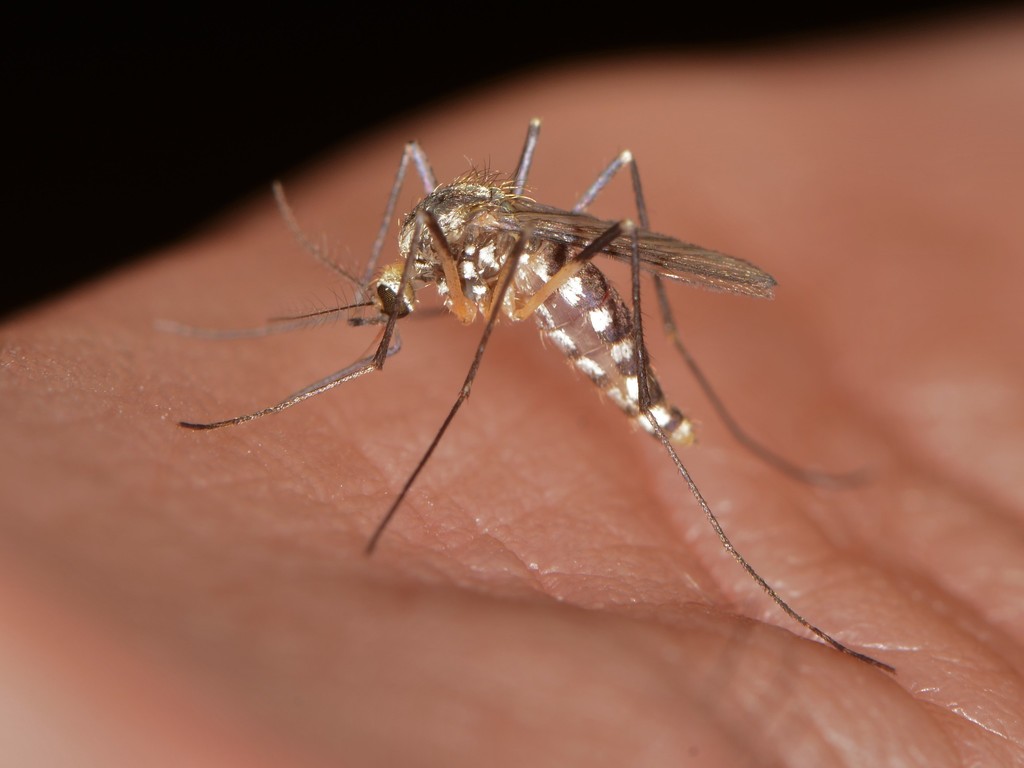
Identification: Dark mosquito with a silver-scaled thorax and narrow body.
Habitat: Breeds in natural containers like tree holes and artificial ones like tires and buckets in shaded woodlands and backyards.
Behavior: Active during the day; females are aggressive and target mammals, including humans.
Health Risks: Primary vector of La Crosse encephalitis, which can be especially dangerous for children.
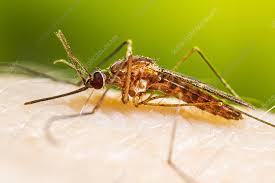
Identification: Brown mosquito with four dark spots on each wing and a distinctive resting posture (body angled away from surface).
Habitat: Clean, slow-moving freshwater sources like ponds, lakes, and forested wetlands.
Behavior: Bites at dusk and dawn; rests indoors or in cool, damp areas.
Health Risks: Historically a malaria vector, though not a current threat in New Jersey. Still contributes to nuisance biting in rural and semi-rural areas.

Cape May, New Jersey, is a picturesque seaside town known for its historic charm, vibrant tourism, and beautiful beaches. As one of the country’s oldest vacation destinations, Cape May offers residents and visitors a unique blend of Victorian architecture, bustling boardwalks, and serene coastal scenery. Popular attractions like the Cape May Lighthouse, Washington Street Mall, and Sunset Beach make it a vibrant hub for recreation and relaxation. However, the coastal environment and lush greenery also create ideal conditions for mosquitoes and ticks to thrive.
Cape May has embraced a combination of education and professional pest management to address these challenges:
Mosquito-borne illnesses such as West Nile Virus and Eastern Equine Encephalitis (EEE) are of particular concern in coastal areas like Cape May. Ticks, which thrive in wooded and grassy areas, present additional risks such as Lyme disease. Proactive pest control is essential to maintaining Cape May’s reputation as a safe and enjoyable place for outdoor activities.

Cape May’s coastal climate greatly influences mosquito and tick activity throughout the year. Hot, humid summers create prime breeding conditions for mosquitoes, especially after summer storms leave behind standing water. Ticks are most active in spring and fall, thriving in the moderate temperatures and lush vegetation that characterize Cape May’s landscapes. While the winter months bring some relief from pests, occasional warm days can prolong mosquito activity, making consistent pest management important.

